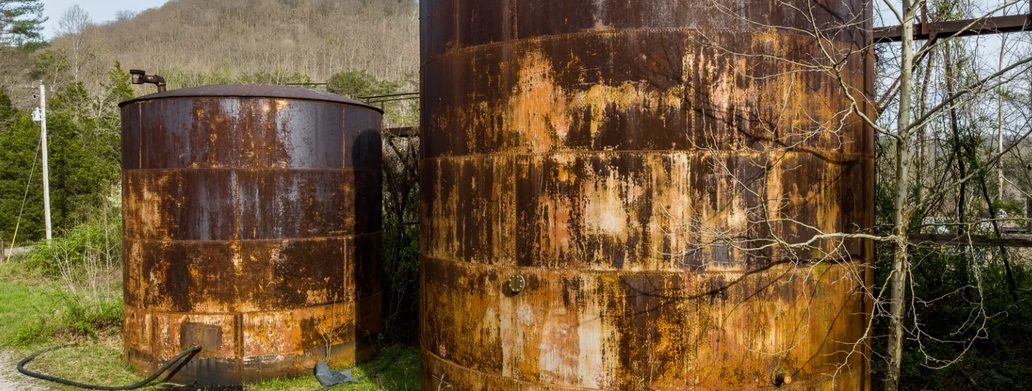Several years before he passed away, the inimitable Mike Rowady told me that the famous University of Michigan football coach, Fielding Yost, lived in Winchester for a time. Mike asked if I could find out what he was doing here. Unfortunately, he could not remember any dates. Not knowing anything about Yost, I looked him up. Turns out he was a Hall of Fame football coach—more on that later—but he took a year’s leave of absence from Michigan in 1924. Thinking perhaps that was the year Yost came here, I went through the whole year, issue by issue, of the Winchester Sun on microfilm, but found no mention of Yost. That’s because it turns out Yost spent his off-season in Winchester in 1917, not 1924.
I never doubted Mike’s story. Since back issues of the Sun are now online. I decided to take another look. Voila. The February 19, 1917 issue of the Sun published a story under the headline “America’s Greatest Foot Ball Coach Locates Here.”

“F. H. Yost of Nashville, Tenn., one of America’s foremost football coaches, has taken up his headquarters in Winchester where he will look after his interests in the Estill county oil fields.”
Yost took up offices in the McEldowney Building adjoining attorney Smith Hays. His wife and son joined him in June. They resided on French Avenue.
Fielding Harris Yost (1871−1946) grew up in Fairview, West Virginia. After college in Ohio, he went to work in the West Virginia oil fields. In 1895 he enrolled in West Virginia University law school and became a standout player on their football team. After earning his degree, Yost coached football at five different schools, compiling a 33−6−2 record, before being hired to head the University of Michigan program in 1901.
During Yost’s first five seasons at Michigan, his miracle years, he won 56 games without a loss. His first team outscored opponents 550–0 on the way to an undefeated season and a win in the first Rose Bowl. His Michigan teams won four straight “mythical” national championships from 1901 to 1904 (and two more in 1918 and 1923).
In those five seasons under Yost, Michigan outscored its opponents 2,821−42. They became known as the “point-a-minute team,” and the coach earned the nickname “Hurry up Yost.” By the end of the 1916 season, Yost had recorded 126 wins against only 18 losses.
At that time football season usually lasted only two months (October and November). The rest of the year coaches were essentially on vacation and free to pursue other enterprises. In 1917 Yost used his vacation to get into the oil business in Kentucky. His focus was the Estill County oil field.
Excitement in the Estill County field began in 1915, when a well drilled on Cow Creek produced oil at a depth of only 200 feet. The following year nearly a thousand wells were drilled in the area, and forecasters predicted more than a million barrels would be produced in 1917. Most of the reserves were found in the Irvine field northeast of Irvine and the much smaller Ravenna field southeast of the city. The pools resided at shallow depths and produced a high quality crude.
Yost came to Winchester as vice-president of the Melick Refining Company that was searching for a place to erect a $1,000,000 oil refinery. He also held positions with companies leasing lands and drilling wells in Estill County: president of Kentucky Producers’ Oil Co. and Delta Oil Co. and vice-president of Ken-See Oil Co.
In September 1917 Yost returned to Ann Arbor to coach Michigan to an 8–2 season. That December found him back in Clark County as head of the O. K. Oil Co. formed by Yost and his brother Ellis in Winchester. He spent time in Winchester on and off until 1920.

The Estill County oil boom lasted only a few years, while producing over 100 million barrels of oil. One refinery did get built, by the Oleum Refining Co., at Pryse, Estill County. There were fortunes made during the boom, as well as fortunes lost. It’s uncertain how Yost made out in his oil field ventures.
However, we know for certain how Yost fared at Michigan, where he retired from coaching after the 1926 season. He had led Michigan to eight undefeated seasons. In his 28 seasons as a head coach, Yost’s teams never had a losing record. He finished his career with an overall record of 196−36−12. He was inducted into the College Football Hall of Fame in its inaugural class of 1951.



